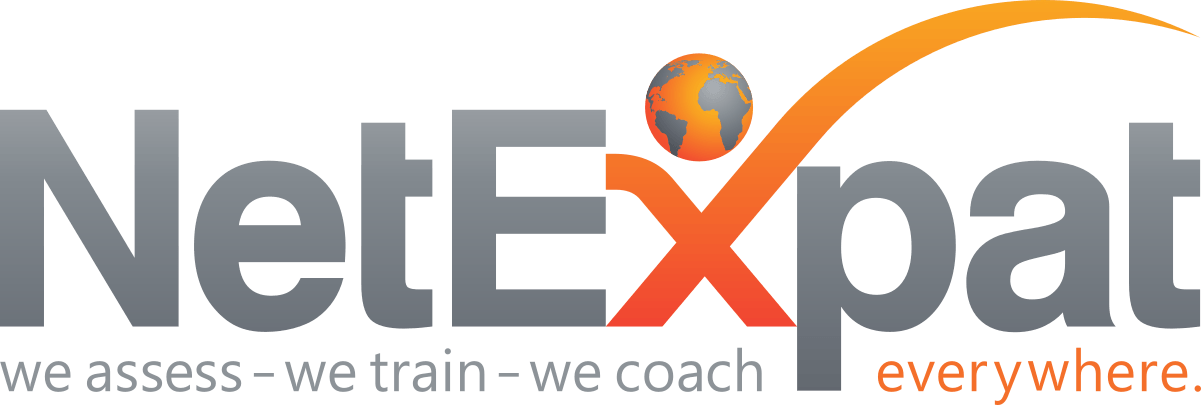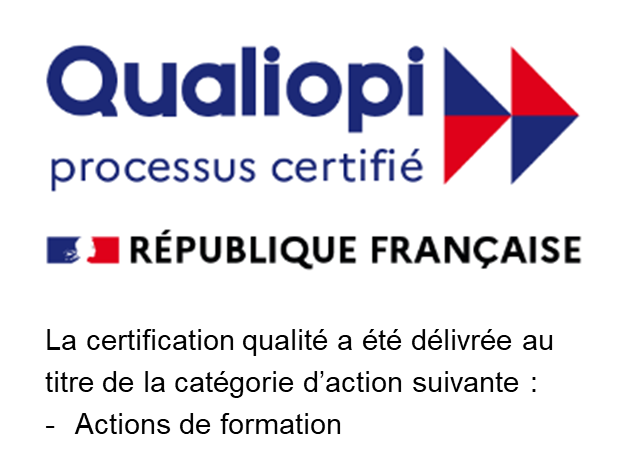My career journey began with a clear passion for international business, cultivated through early volunteering at global organizations in Atlanta. My career path is distinguished by a dual focus on corporate roles and service provider positions. I joined the global mobility team at The Coca-Cola Company early in my career and then again late in my career. In between, I worked as a global mobility consultant for Arthur Andersen, spent 17 years as VP of Global Client Service for HRToolbox, and did some consulting on my own. Prior to joining NetExpat, I was a Client Development Manager at Benivo. In each of these roles, I supported diverse global mobility programs, enhanced client experiences through comprehensive process redesign and policy consulting, alongside technology solutions.
As VP of Global Advisory for North America for NetExpat, I see significant growth opportunities to support mobility programs, business travelers, and global teams. Throughout my career, I have understood the importance of intercultural training and spouse/partner support in mobility programs. I have supported both domestic and international relocations, so I have a clear understanding of why our Partner Support services are relevant for both programs. This is increasingly important with more dual-career families, where providing targeted support can be more effective and cost-efficient than cash incentives, offering significant benefits for employees and their partners.
Once I joined NetExpat, I eagerly embraced an opportunity to focus more on these critical areas, reflecting my commitment to enhancing employee well-being beyond technology and process-driven aspects of mobility management.

















